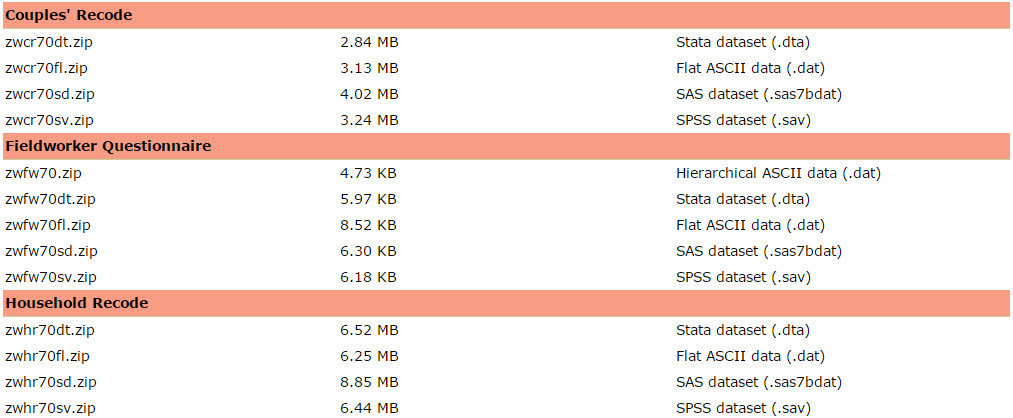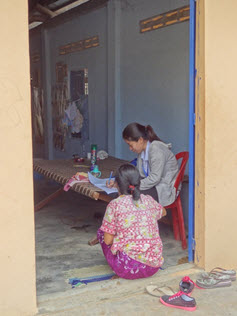A New DHS Questionnaire: Interviewing Fieldworkers
There’s a new survey in town. But it’s probably not what you expect. For 30 years, The DHS Program has trained thousands of fieldworkers to conduct over 300 surveys – but who are these fieldworkers? It is well documented that interviewers affect the quality of the data being collected, for example, in the areas of response rates and response validity. So what interviewer characteristics lead to the best data quality? Have fieldworkers worked on a DHS survey before? Are the fieldworkers similar to the respondents they are interviewing? Until now, answers to these and other questions have not been quantified.
In 2014, The DHS Program piloted a fieldworker survey in Cambodia. Data were collected from all 114 fieldworkers. We collected information on their age, sex, marital status, religion, educational level, experience with other surveys, and languages spoken. Taken on their own, the survey results may not be all that interesting. About three–quarters of the fieldworkers had been educated beyond secondary school, almost half had been involved in a previous DHS survey, and about one-third had no children. But when these survey results are compared with DHS response rates and results, they may help to explain certain patterns.
Take, for example, the question of child mortality. Our new DHS fieldworker questionnaire asks if an interviewer has had a child who died. Is this interviewer more likely to collect accurate data on infant and child mortality? Or might she try to avoid the topic?
While all interviewers undergo intense training on the DHS questionnaires, the rapport between interviewer and interviewee is integral to data quality. Will survey respondents be more likely to refuse participation in the survey if the interviewer appears to be better educated or too young? Are unmarried interviewers sufficiently comfortable asking questions about sexual practices, family planning, and child birth? Are experienced interviewers better interviewers or are they too jaded to do a good job?
The pilot study in Cambodia proved that collecting information from interviewers was both feasible and potentially informative. Starting with the 2015 Zimbabwe DHS, the fieldworker questionnaire has been a standard part of the survey, and the dataset is released along with the traditional DHS survey dataset.
The potential research questions are endless. And now, with the first public release of the fieldworker survey dataset as part of the 2015 Zimbabwe DHS, analysts will be able to explore these data themselves.


